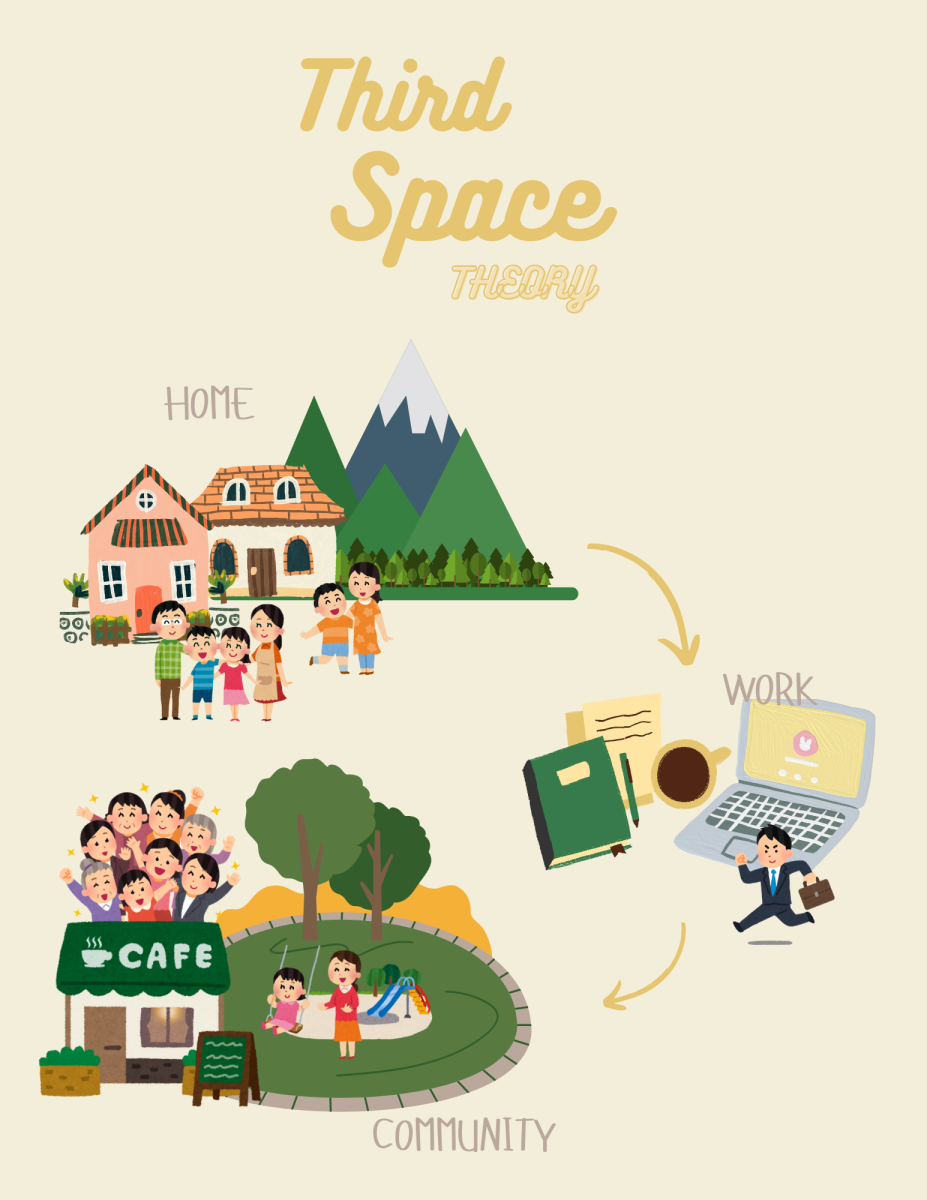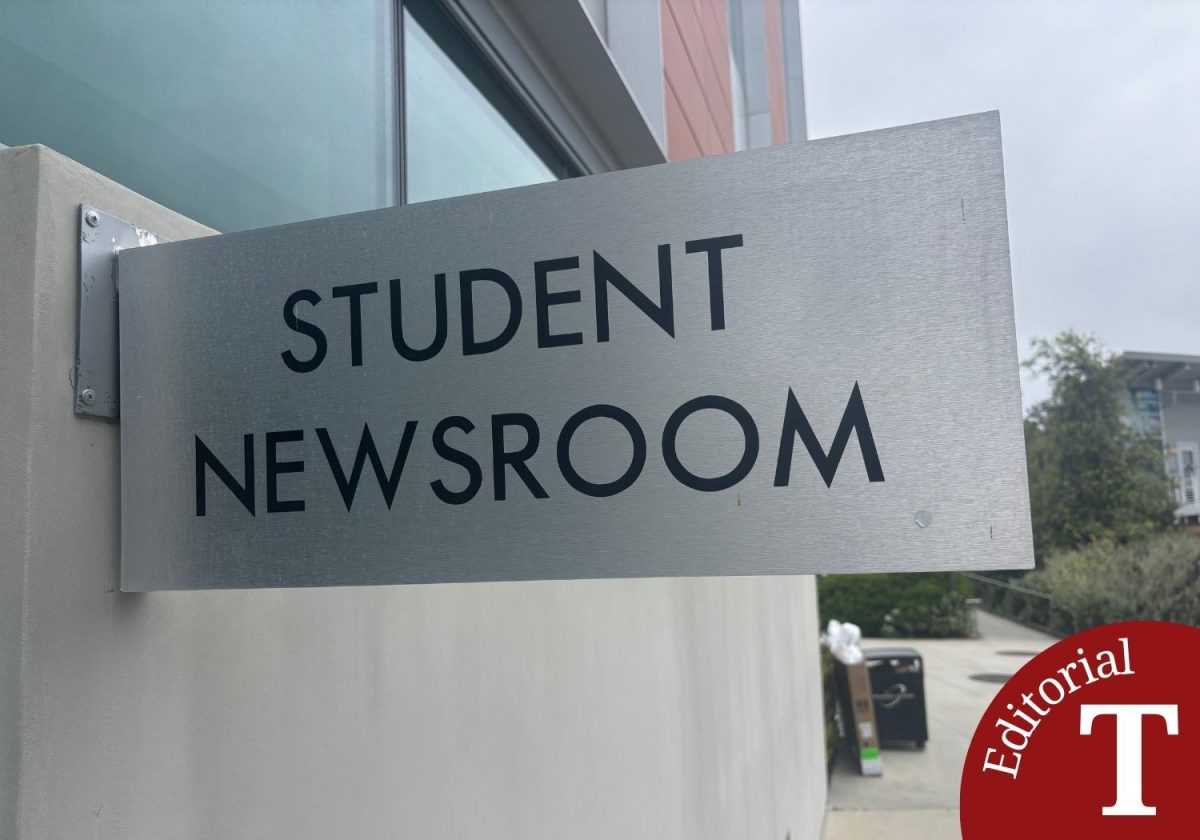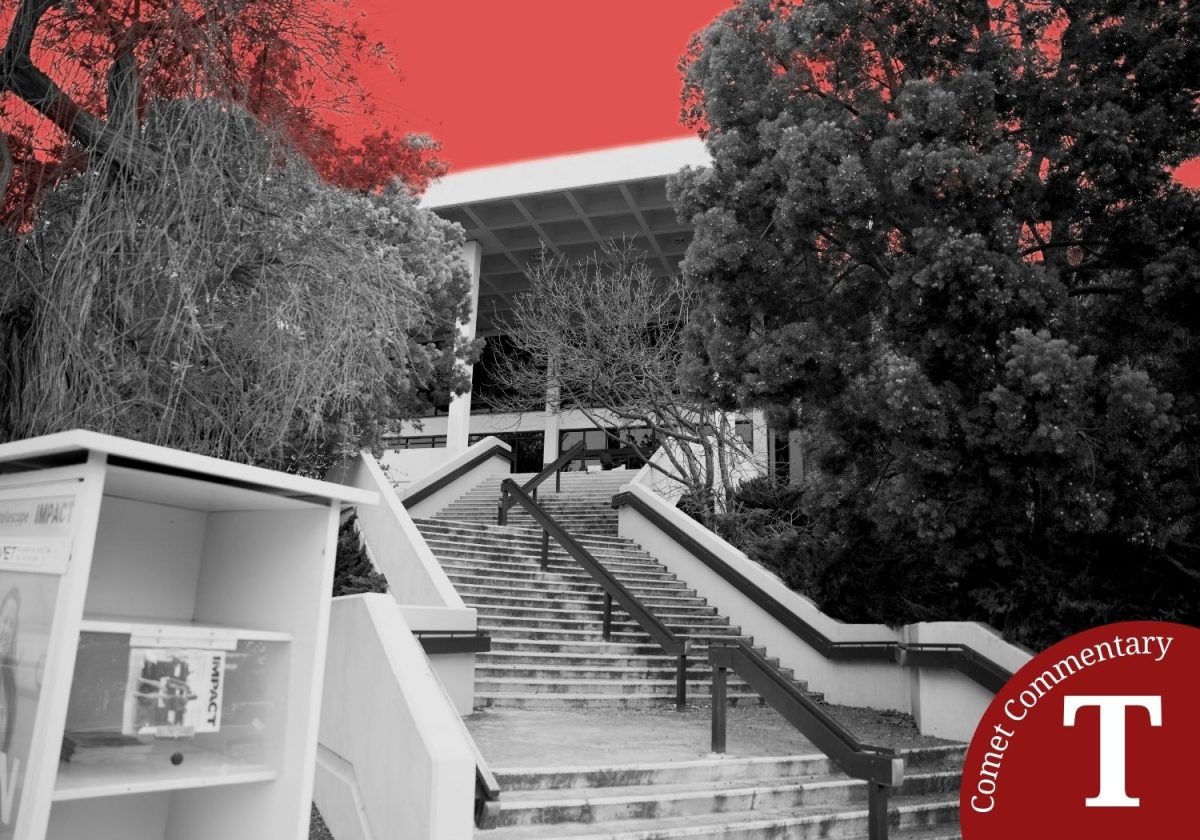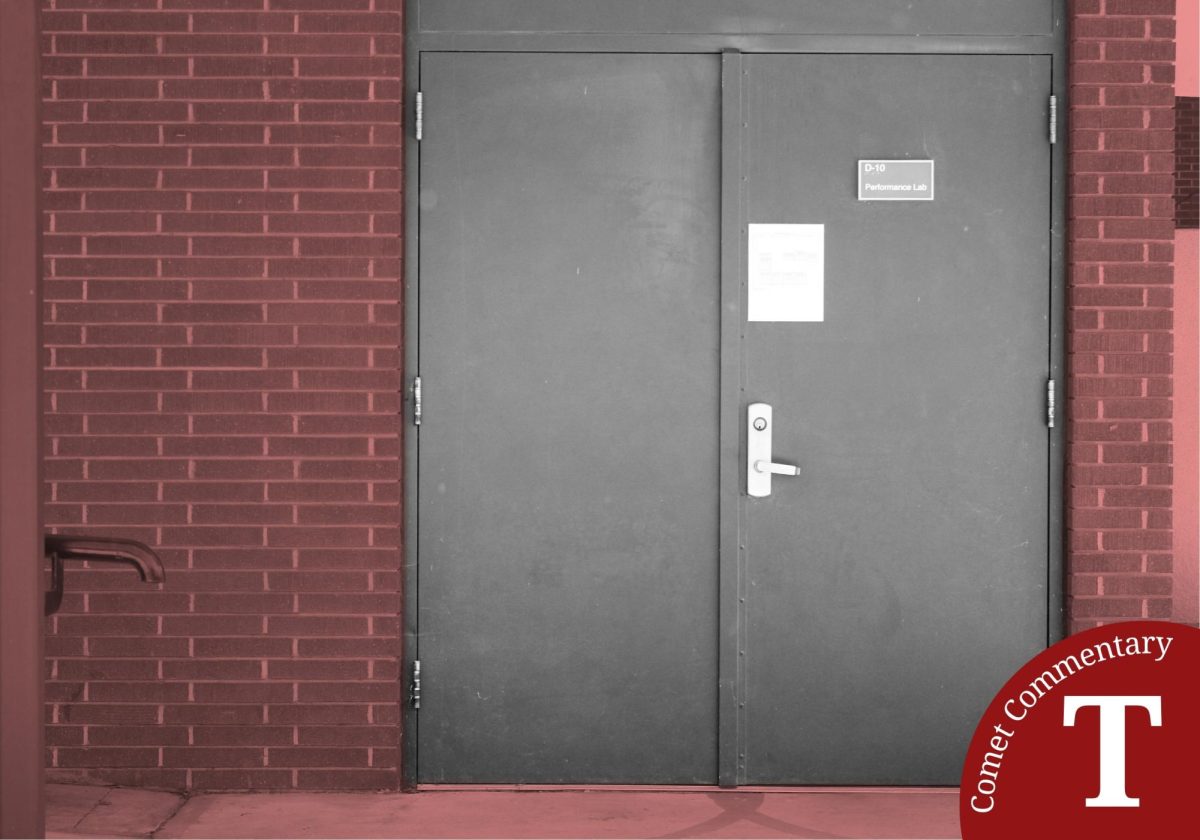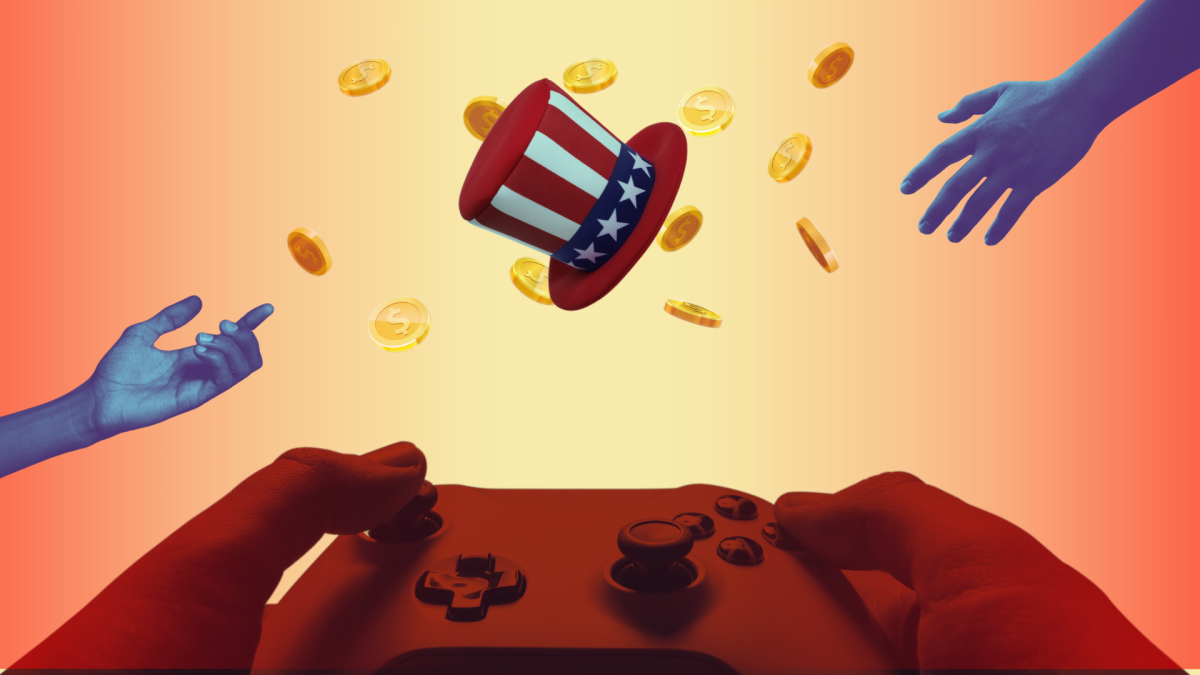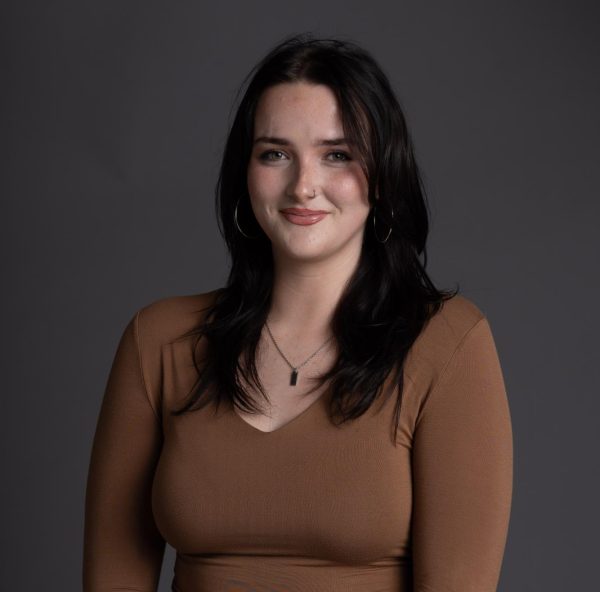The current and incoming generations have been robbed of third spaces by an unrelenting capitalist terrain that demands not only our time but our energy.
Even if you have a regular coffee shop, library, or church, the reprieve they offer to the average college student is conditional. The economic and political environment we have grown into is tumultuous, constantly changing, and pulling people in too many directions.
“In [a third space], this casual and social environment, no one is obligated to be there and cost should not prevent people from attending… It is a meeting ground to build relationships with others outside of home or work,” Madeleine Roberts-Ganim writes for The University of Chicago.
Third places facilitate creativity and community, without them we suffer. We go from school to work to home, while interacting with people online or in quick and inauthentic ways. Then students find themselves spend most of their time distracting themselves with phones.
It feels like we’re connecting when we work in groups or walk to class with a new friend. And while we may be, to an extent, it never truly leaves that context.
Students are constantly being pressured by the stress of school, and paying for that school, and transportation to school and work, and getting grades that make it worth it. You get the gist.
There isn’t much time left to just drop into your favorite bookstore and engage with your surroundings.
There is no longer time to create out of pure passion, or have organic meet-cutes, or even just sit in a park and people-watch. We have to schedule time to feed our minds. It’s no longer a natural part of life.
On the bright side, I do think there’s a subtle resurgence of people creating third-spaces the best they can. For example, Stampede in Temecula has an 18-plus night that many of my friends go to every Thursday.
However, $15 a week for entry plus transportation costs is too much for some people, even me. A real escape to help with work/life balance isn’t an escape if it puts more stress on work.
On average rent prices are 33.6% higher than before the pandemic. While there has only been roughly a 25% increase in wages since 2020 according to the Joint Center for Housing Studies of Harvard University and Business Insider.
Everything is costing more, and we aren’t making more. “Low-cost” isn’t something that exists in our daily lives, unless you’re willing to risk things like your health.
Starbucks, for example, has had nearly 40% increase in their coffee prices since 2014. If you don’t want plain black coffee or maybe you can’t drink plain milk, you’ll be paying over $8 for a single beverage according to Finance Buzz.
Exclusionary zoning laws continue to worsen the problem. These laws ban commercial establishments in residential areas, creating a demand for Americans to use their cars to go almost anywhere.
The defining characteristic of “low to no cost” of a third space is no longer realistic.
We find comfort in watching sitcoms with half the scenes filmed in the characters’ third spaces. Then we barely notice that we are living through them, and the TV, and our phone, has become the only viable third space left.
We’re trapped. And we’re comfortable in it. There’s too much in real life demanding time, attention, and work from us, but our technology hands us reprieve with a few clicks. But that reprieve isn’t so peaceful, is it?

